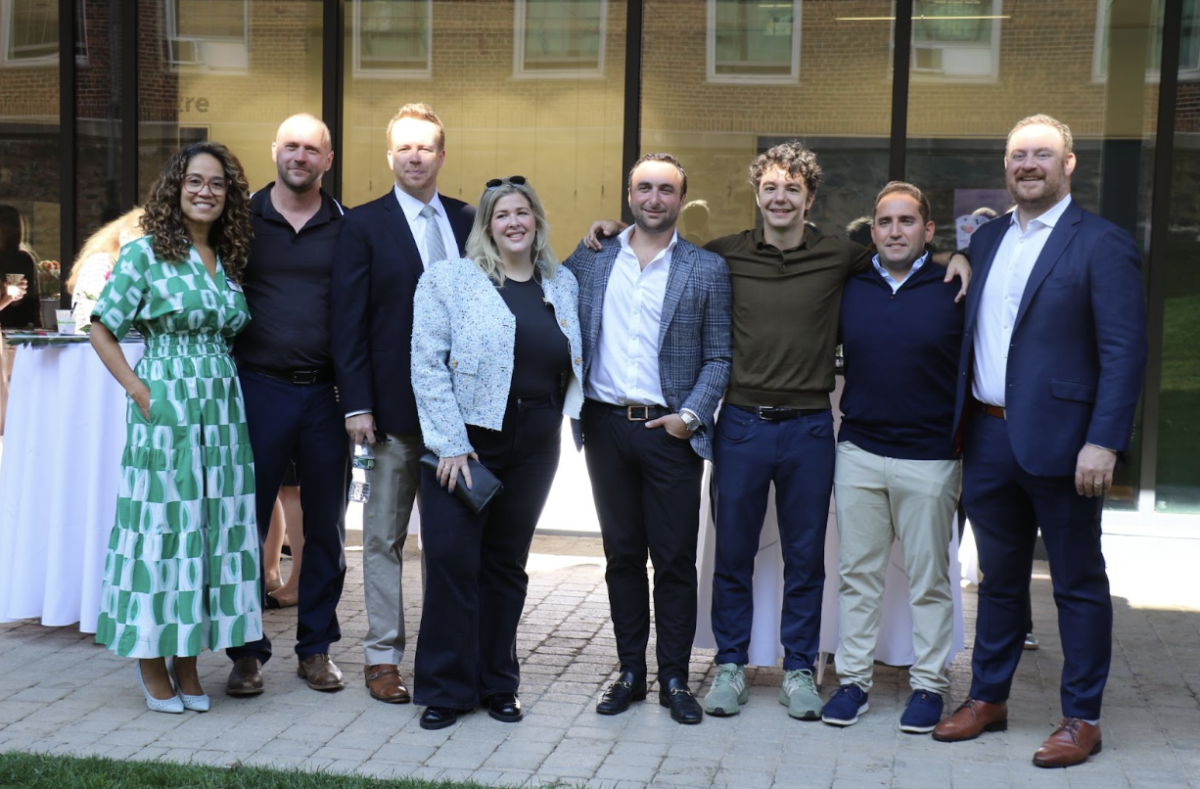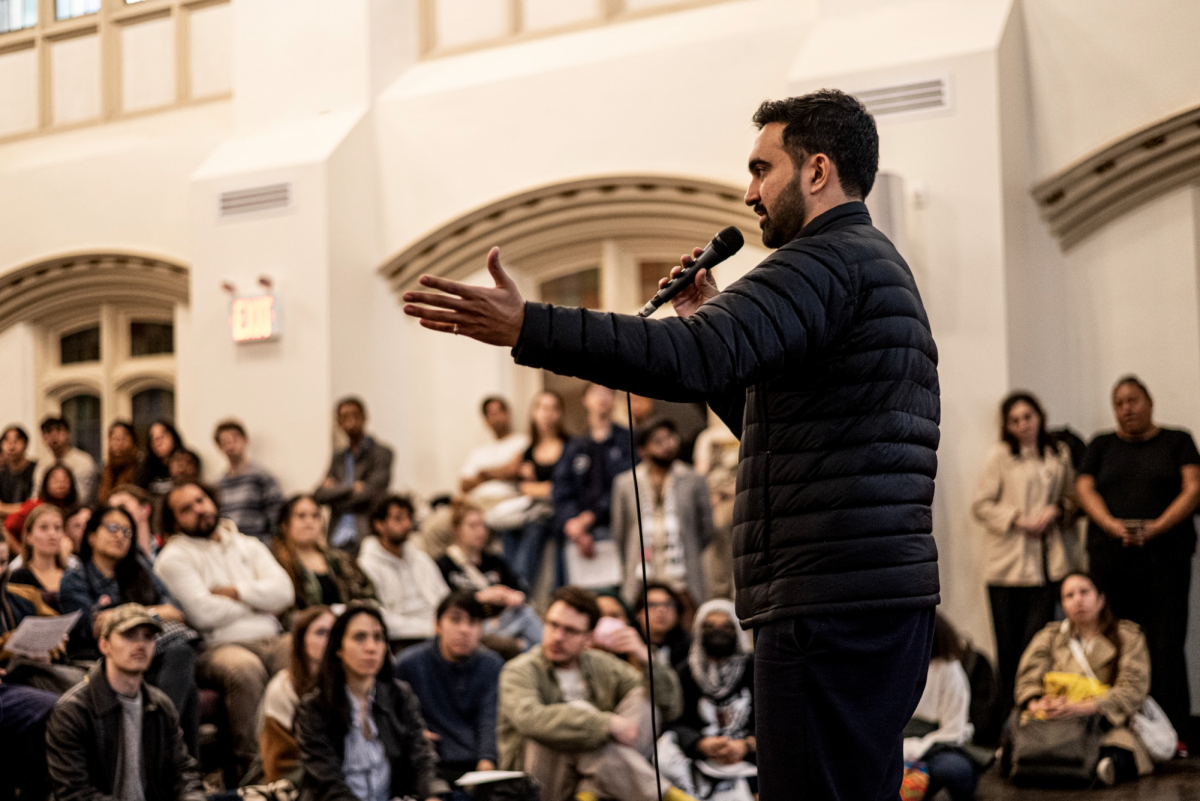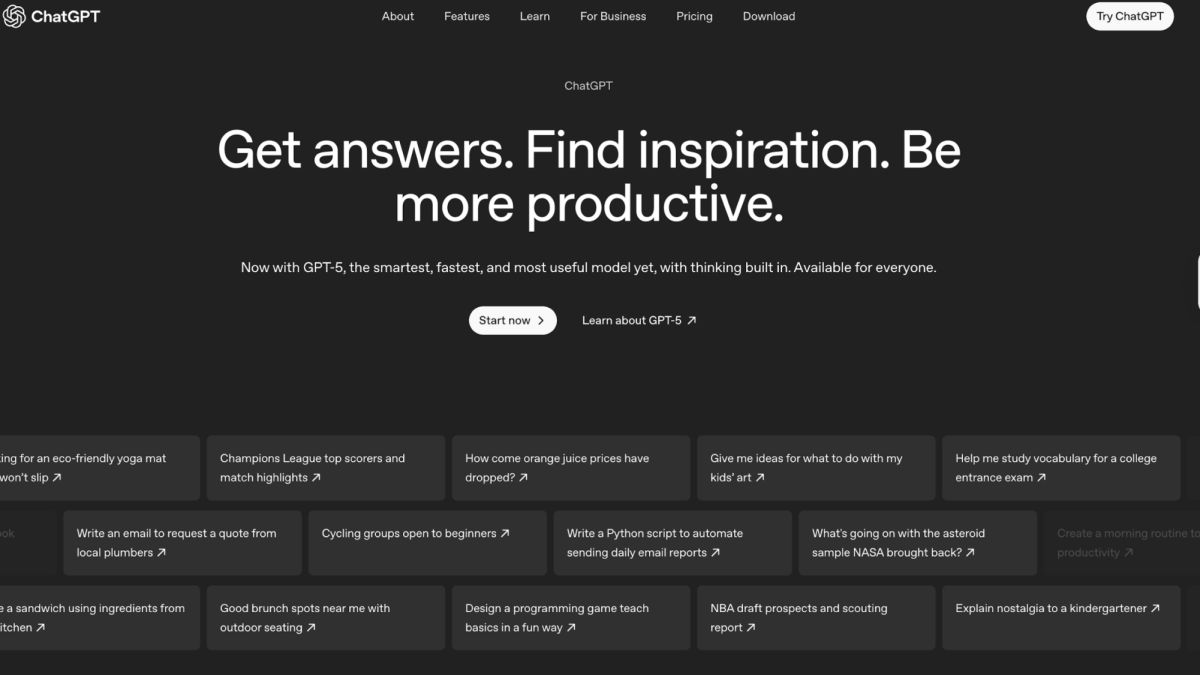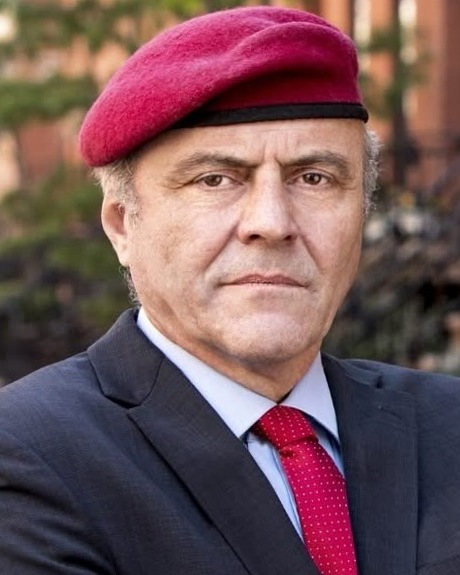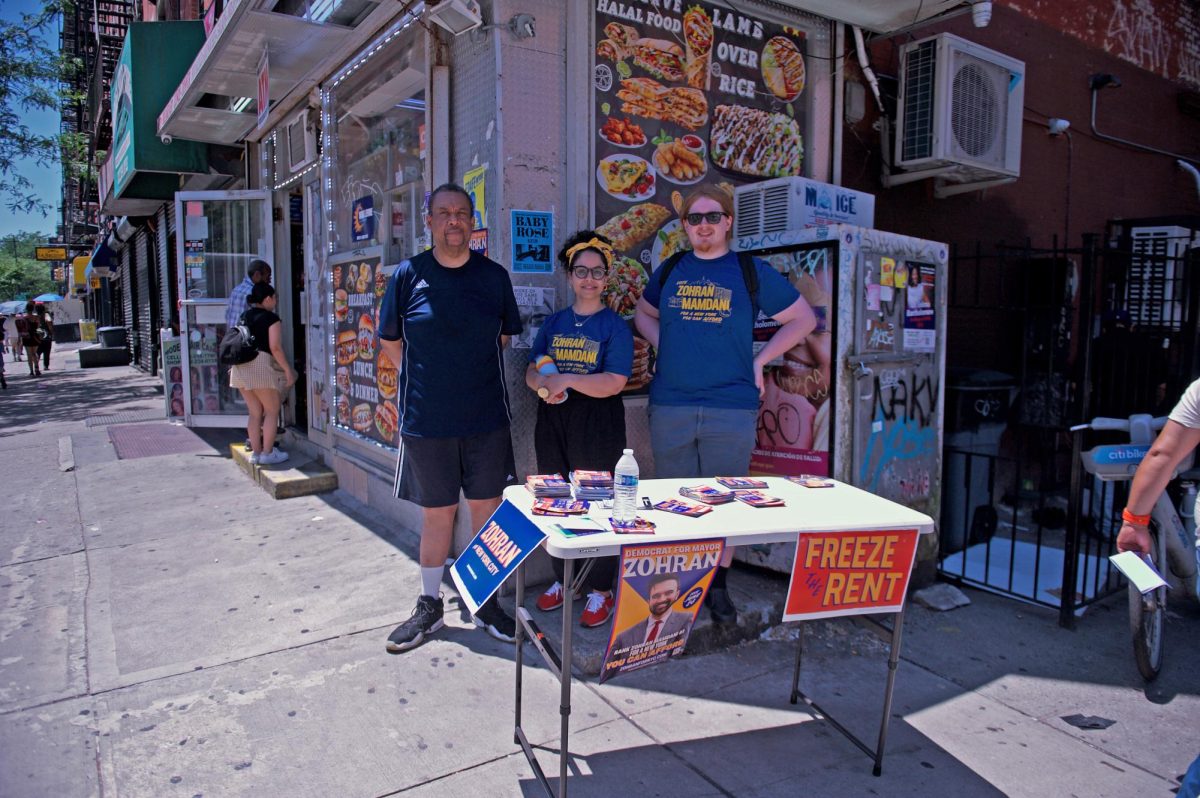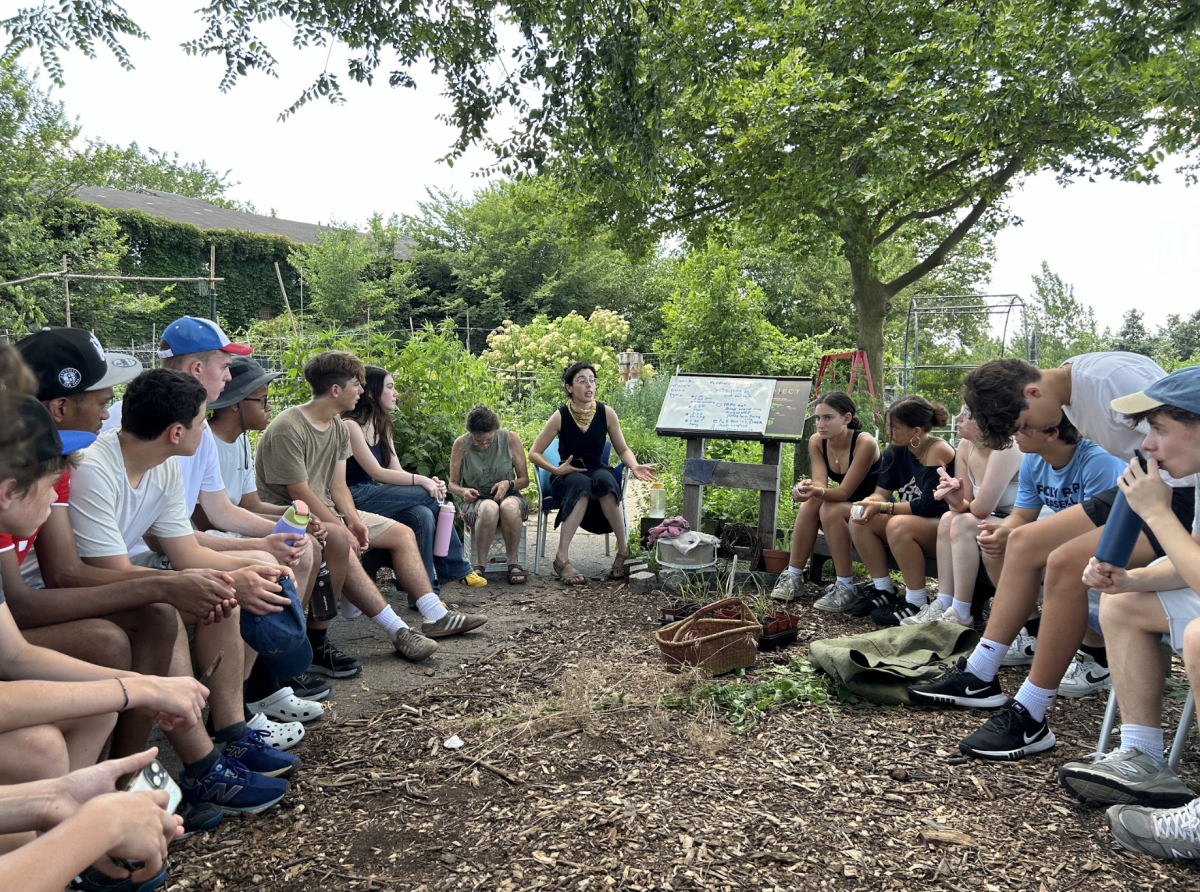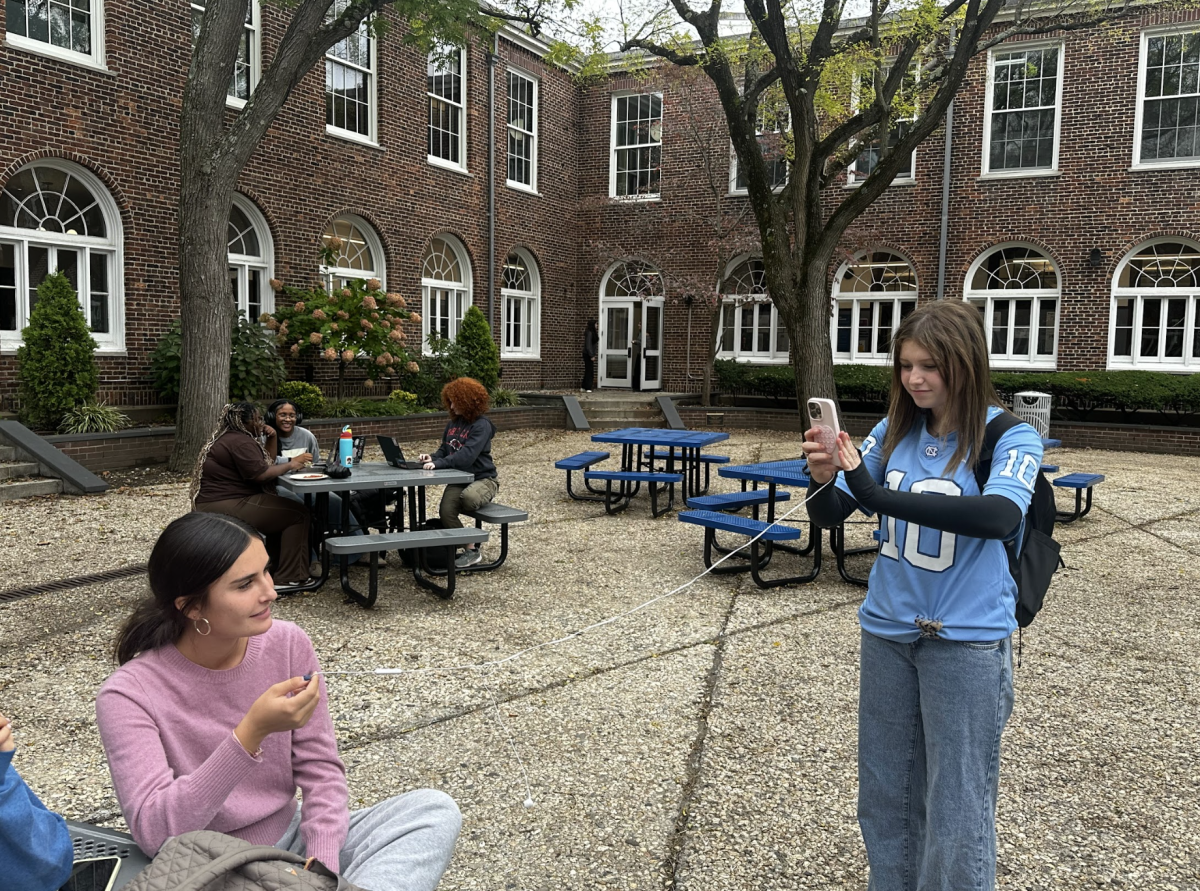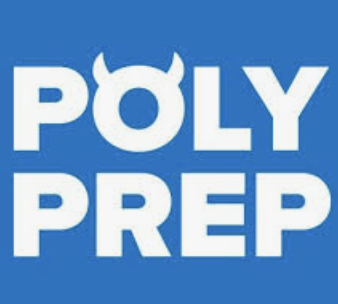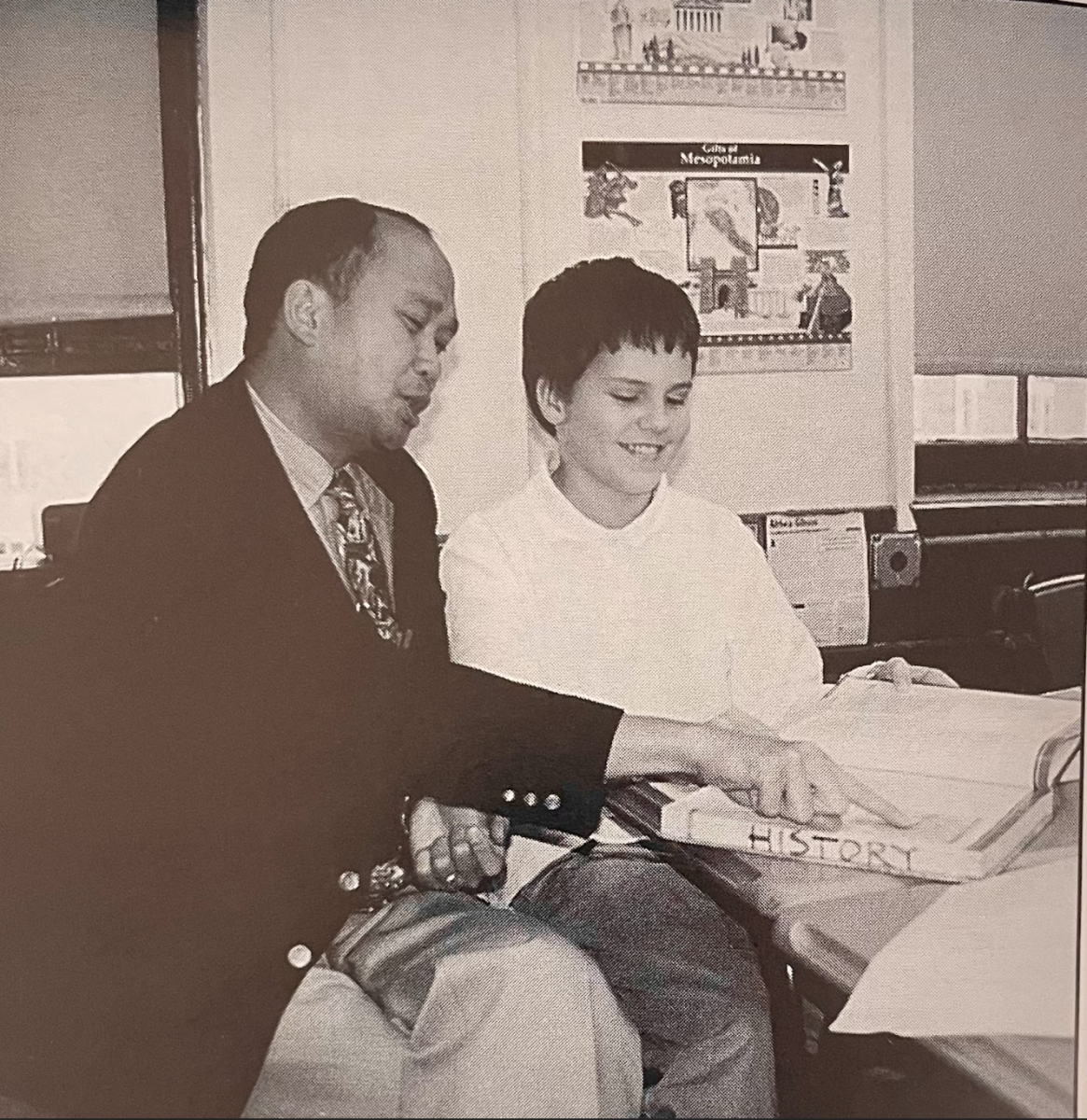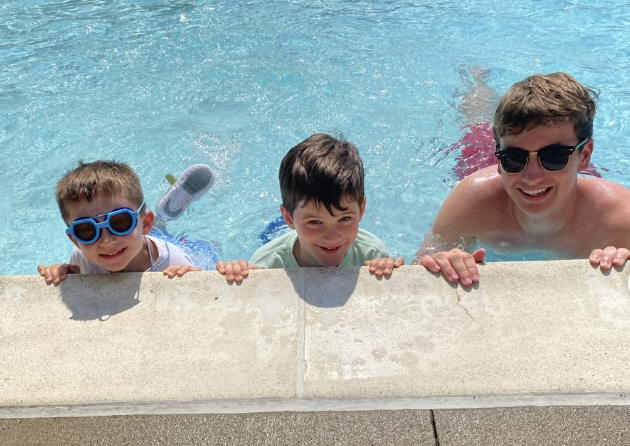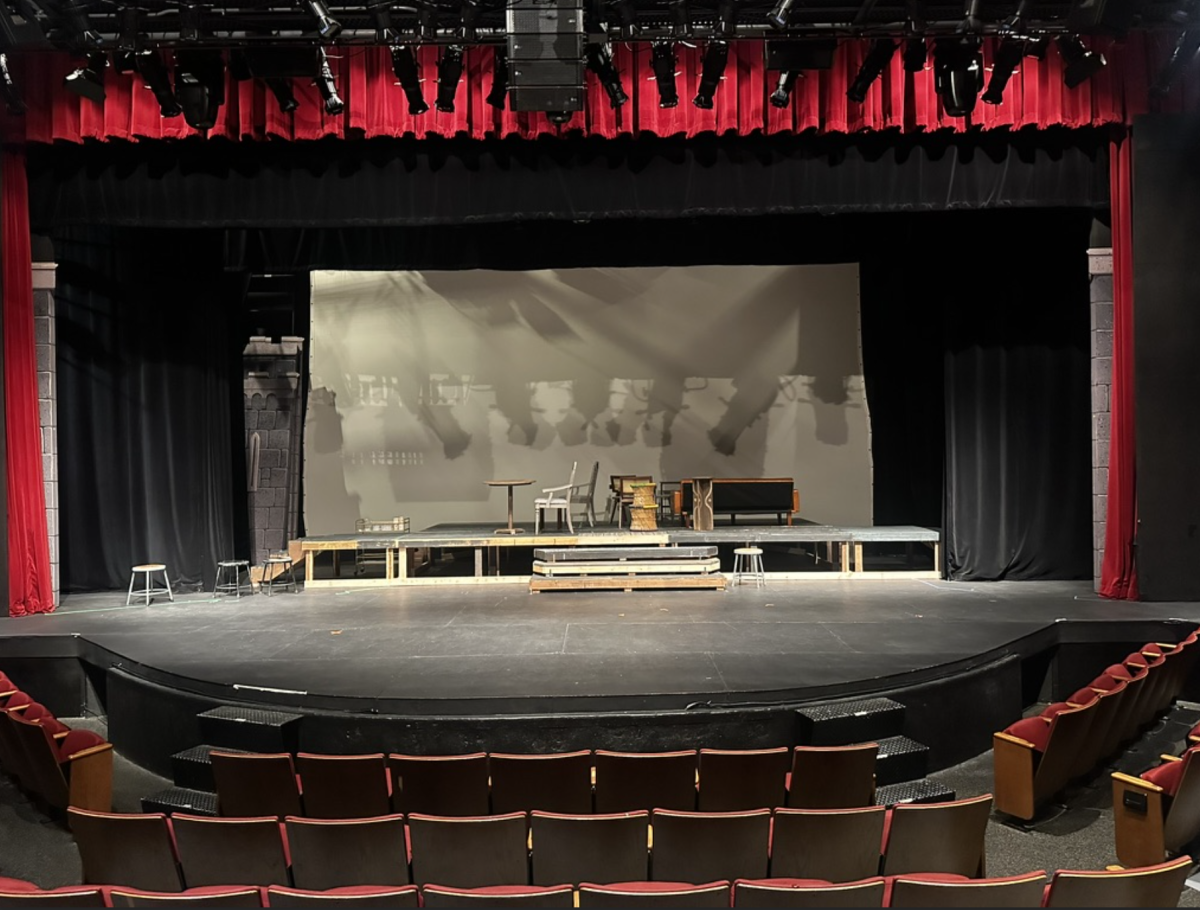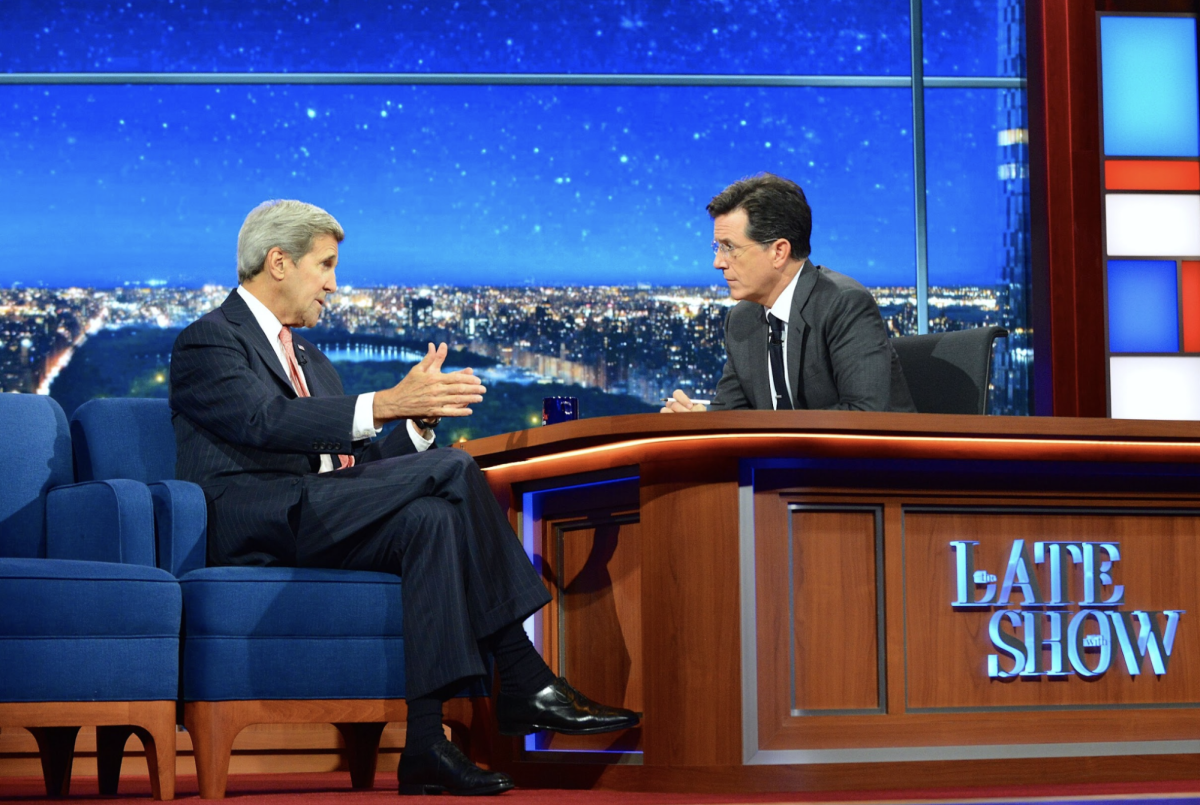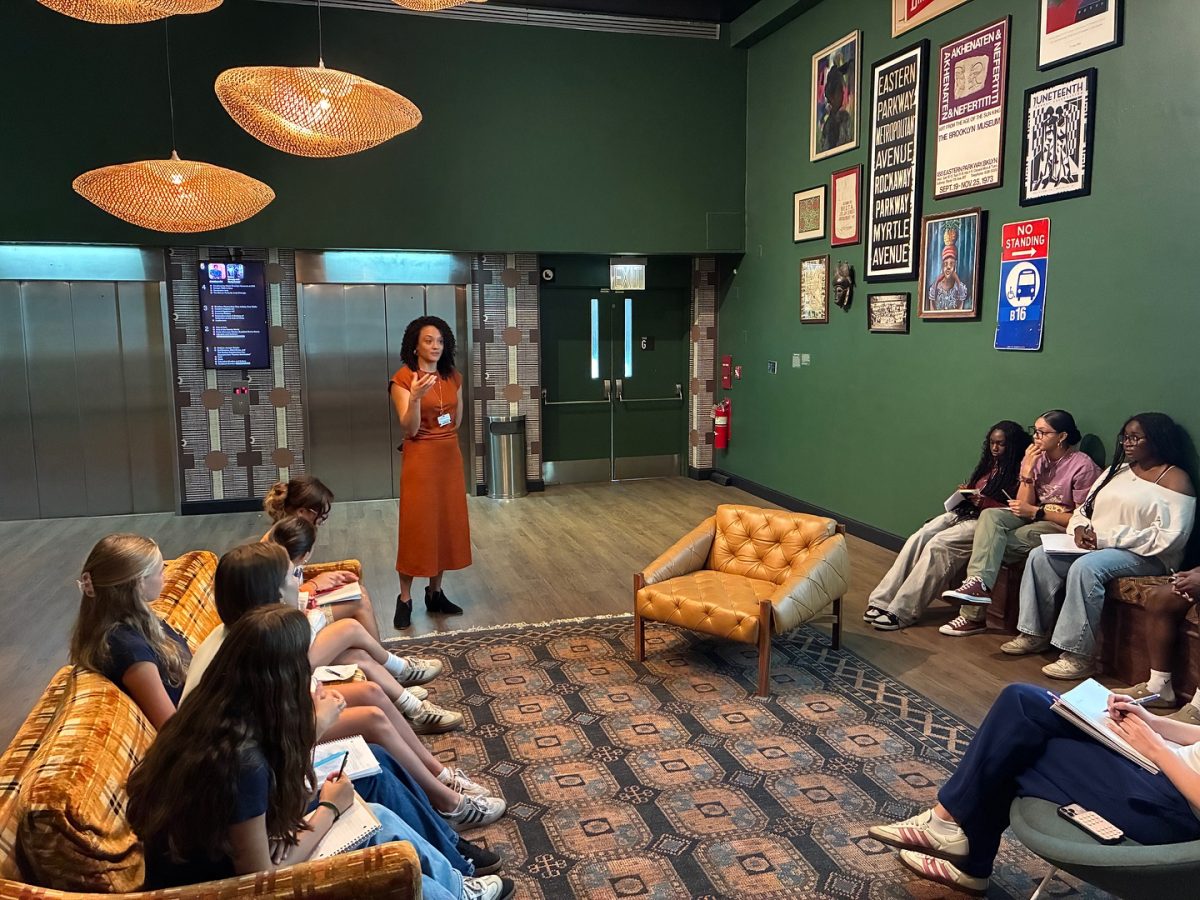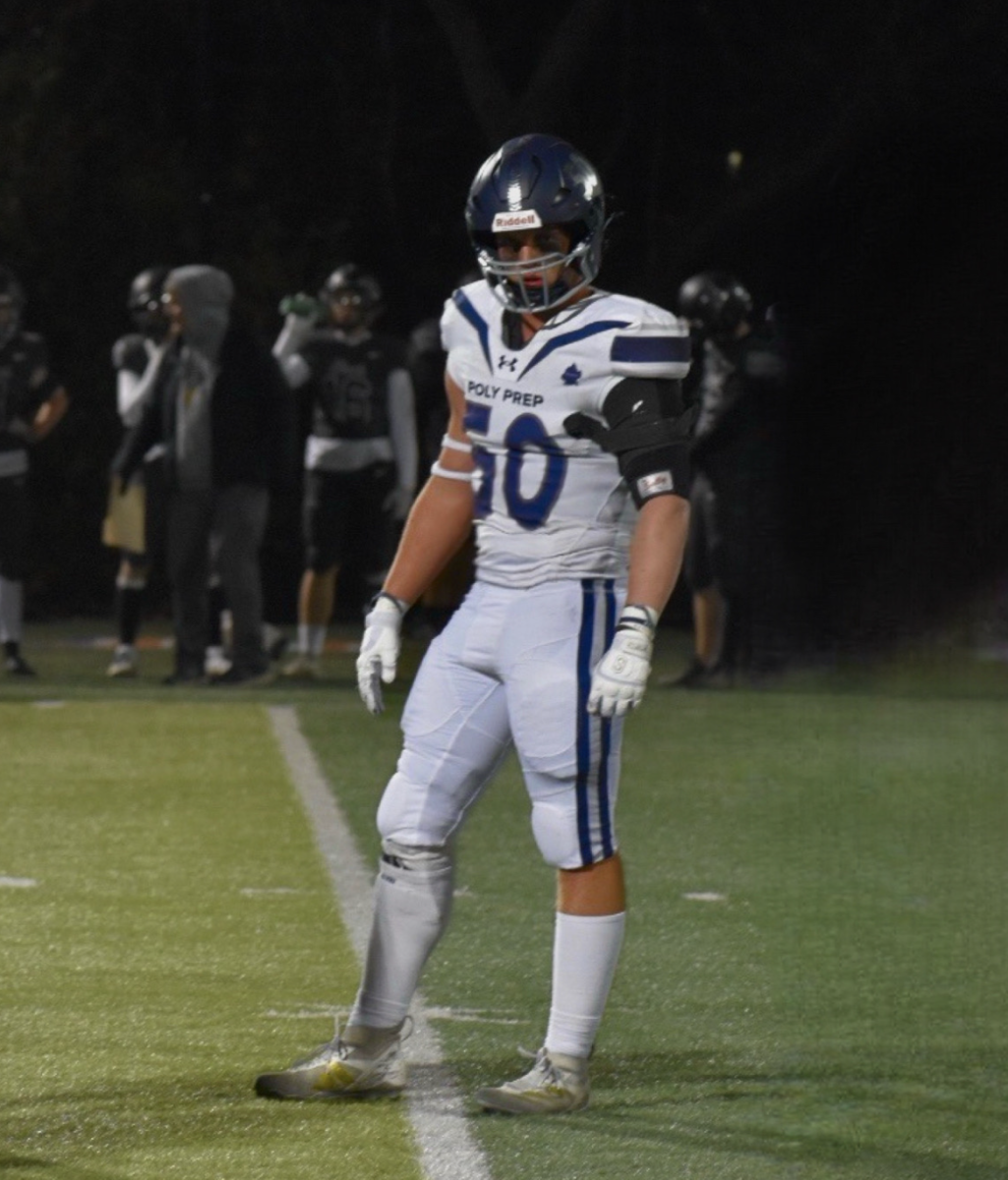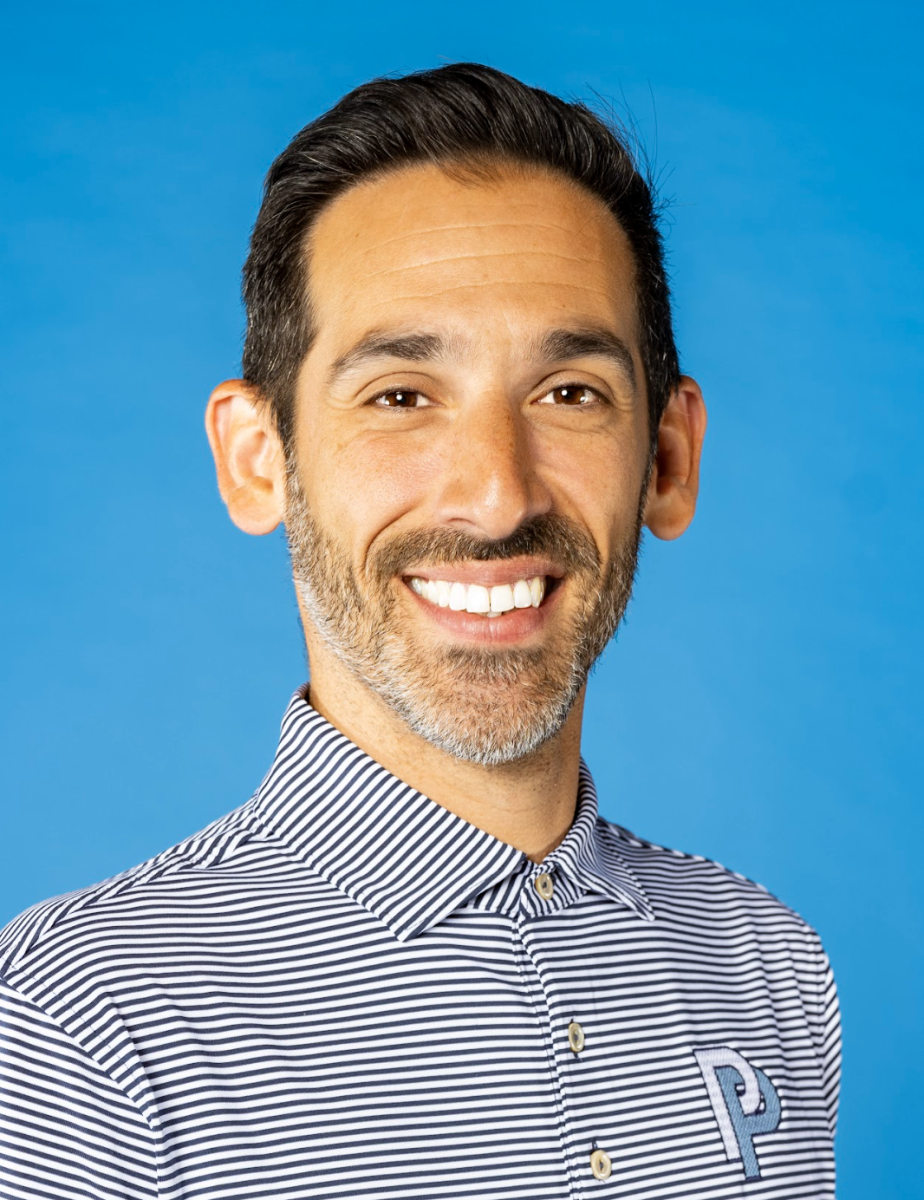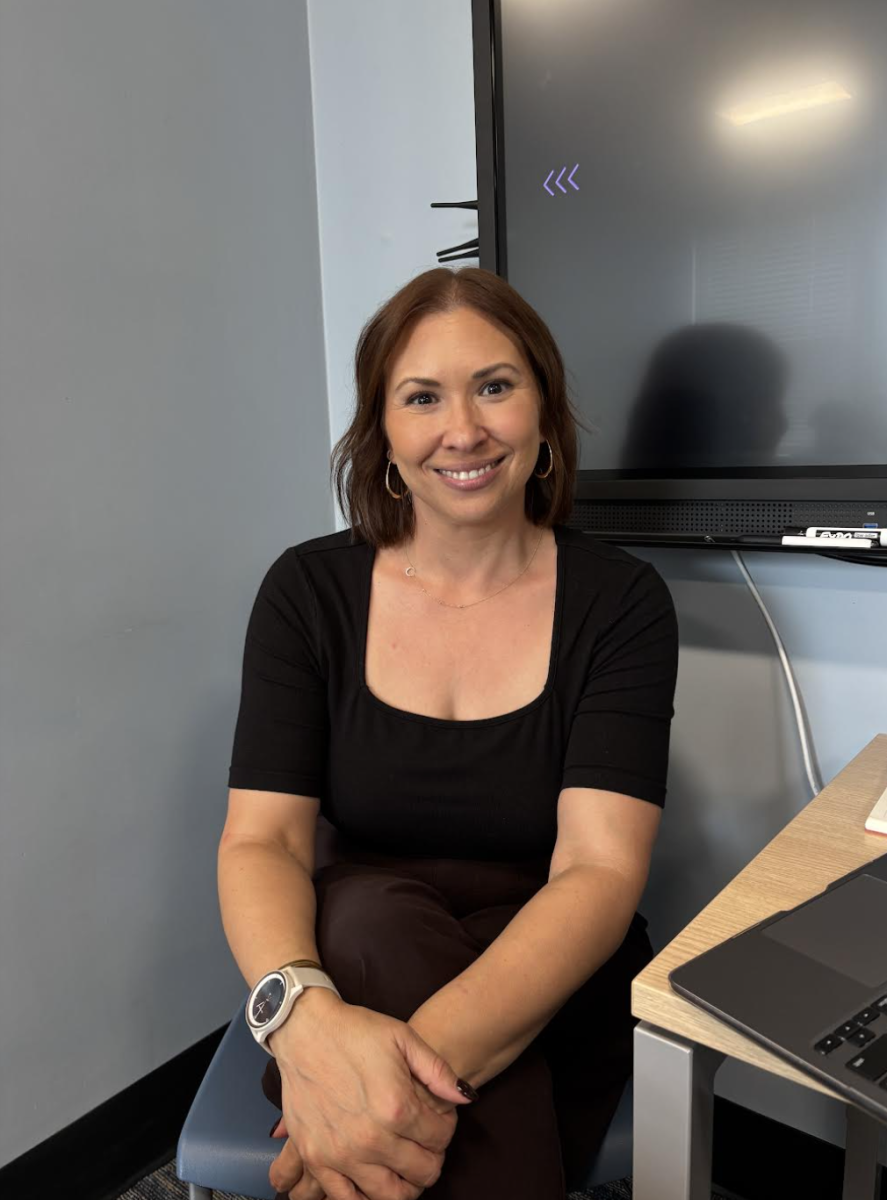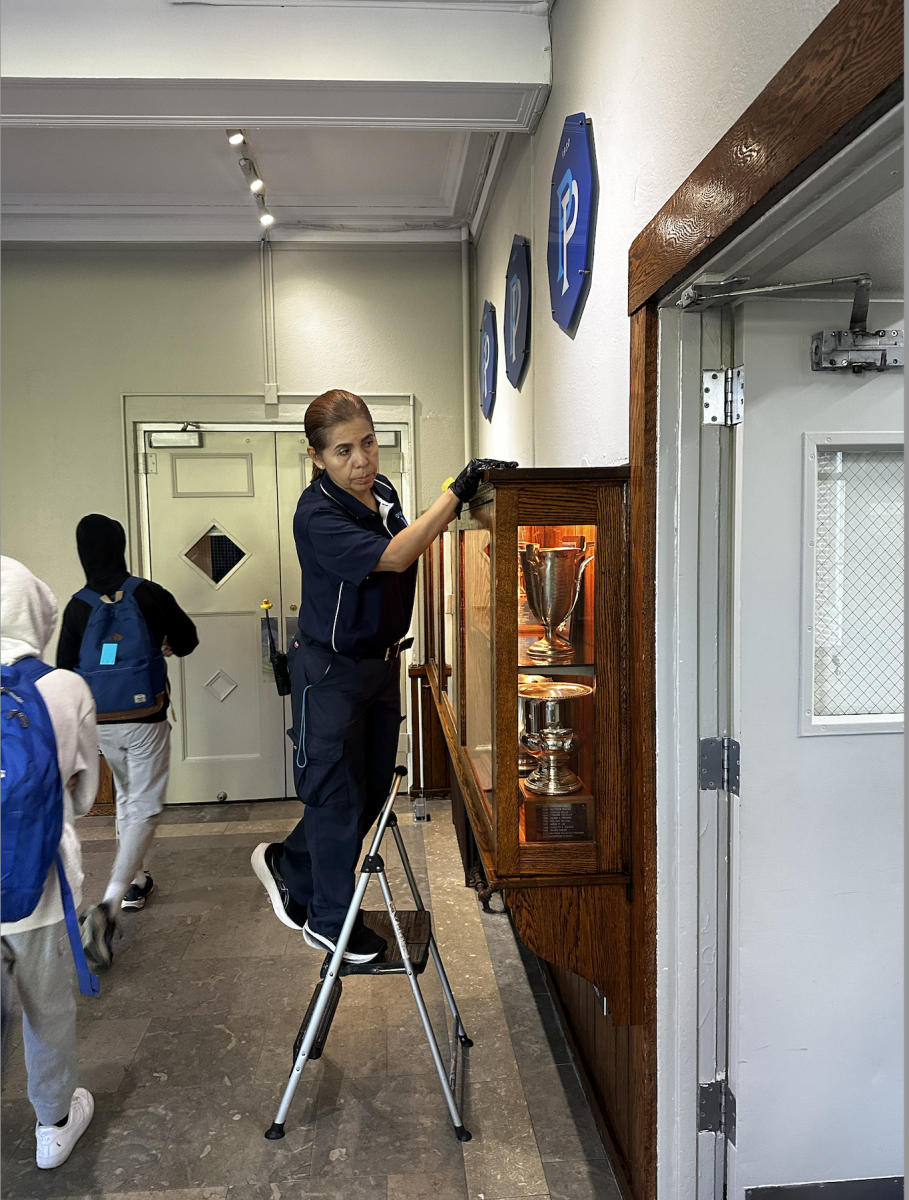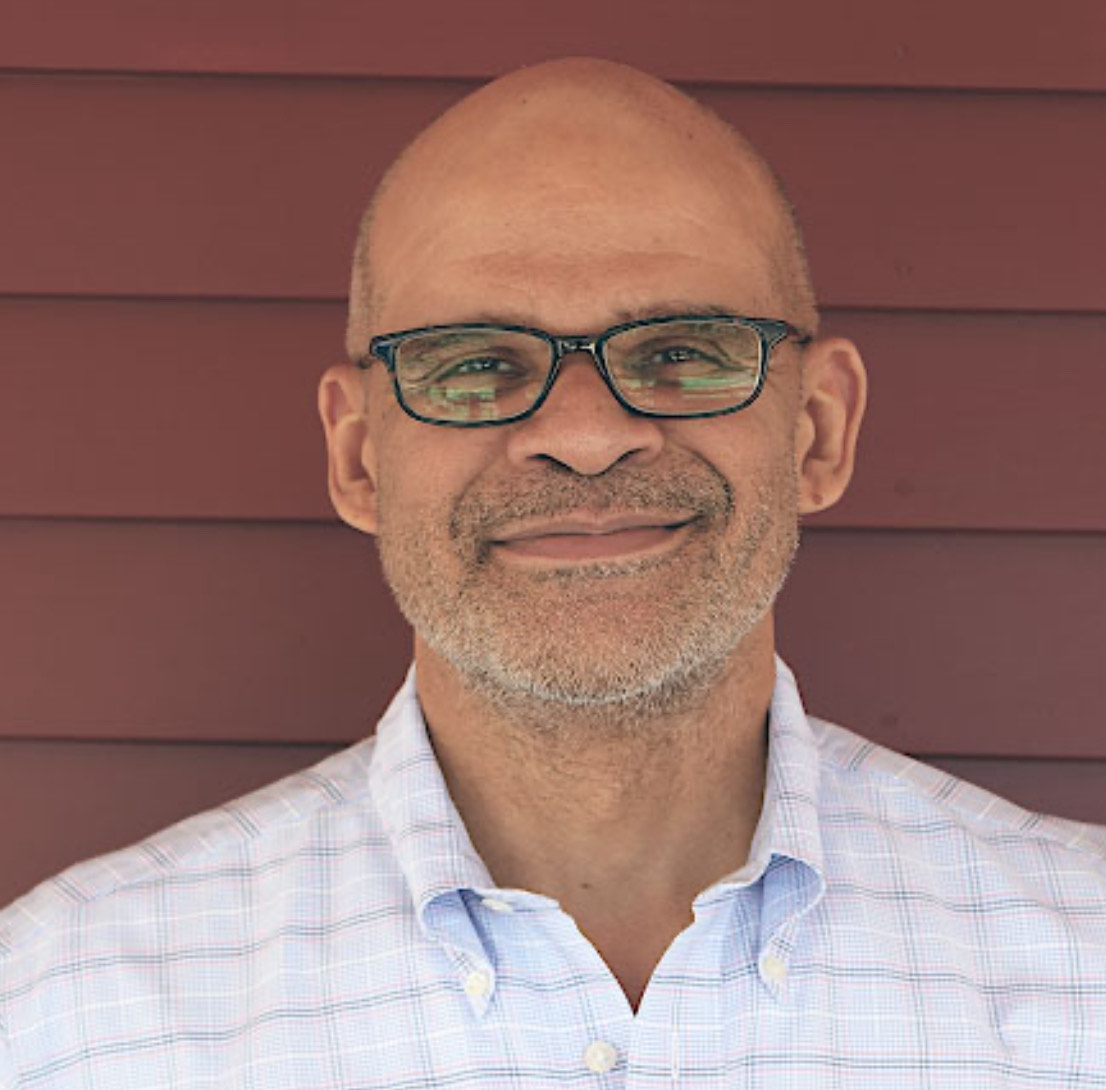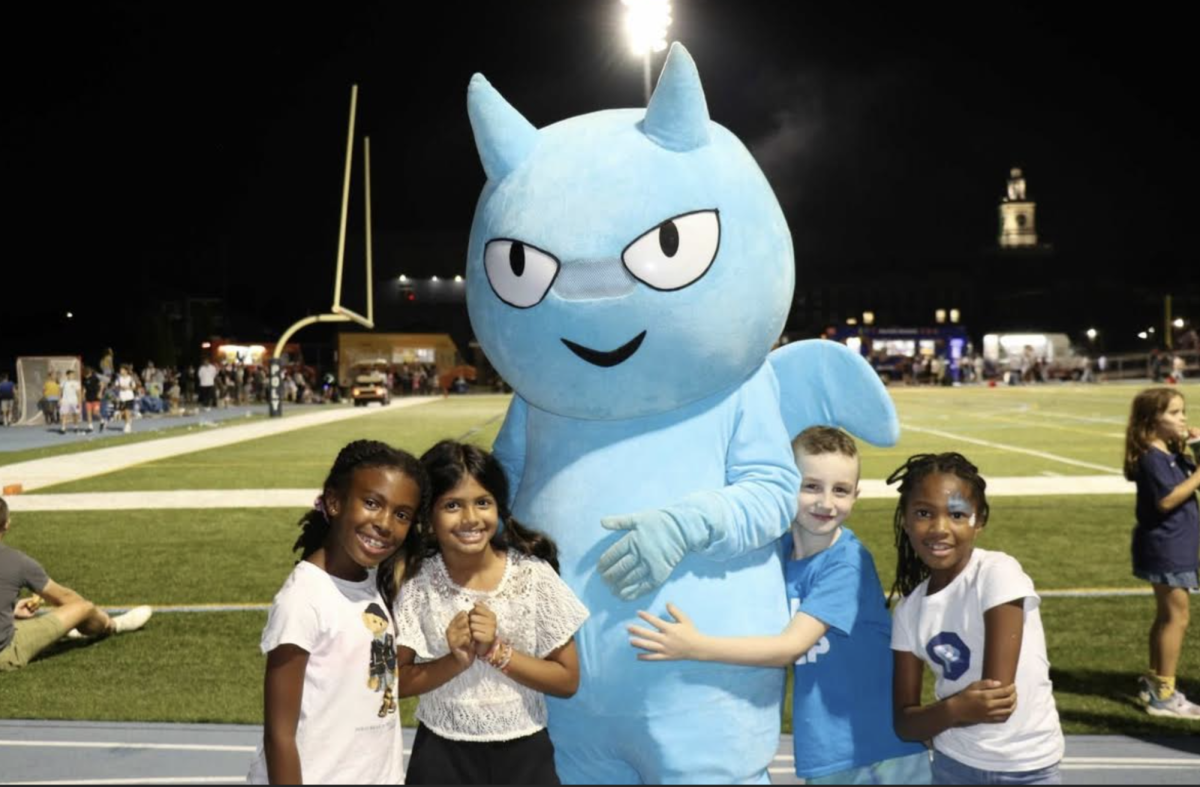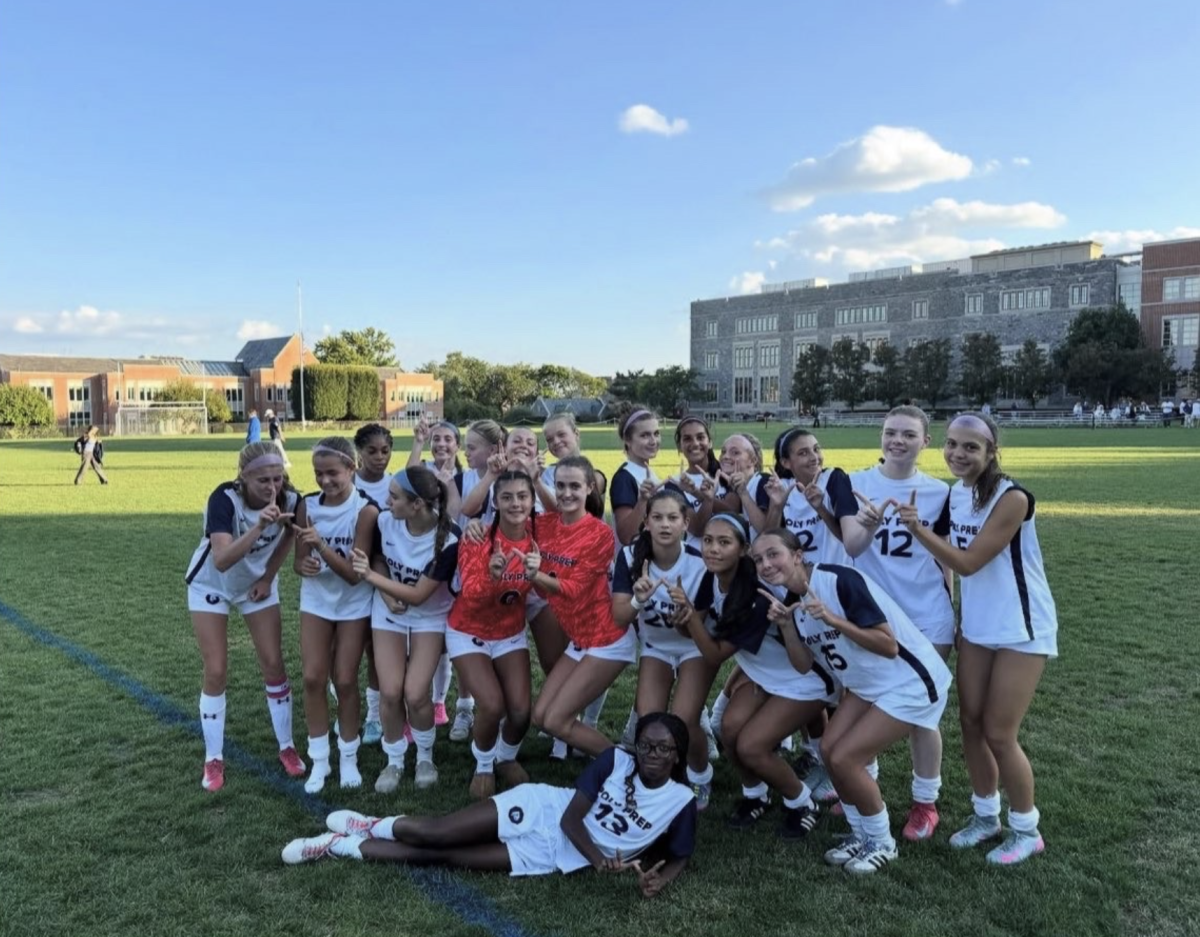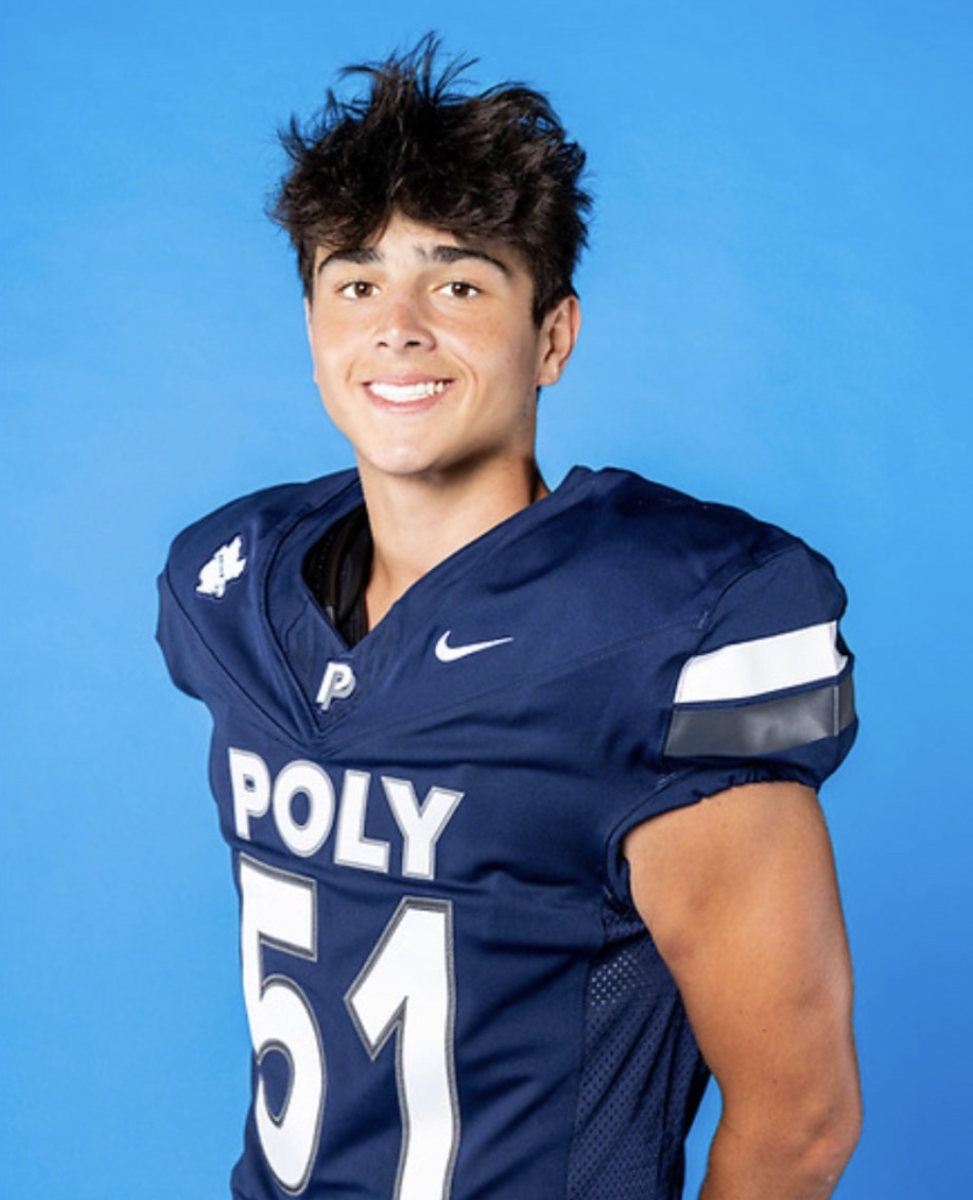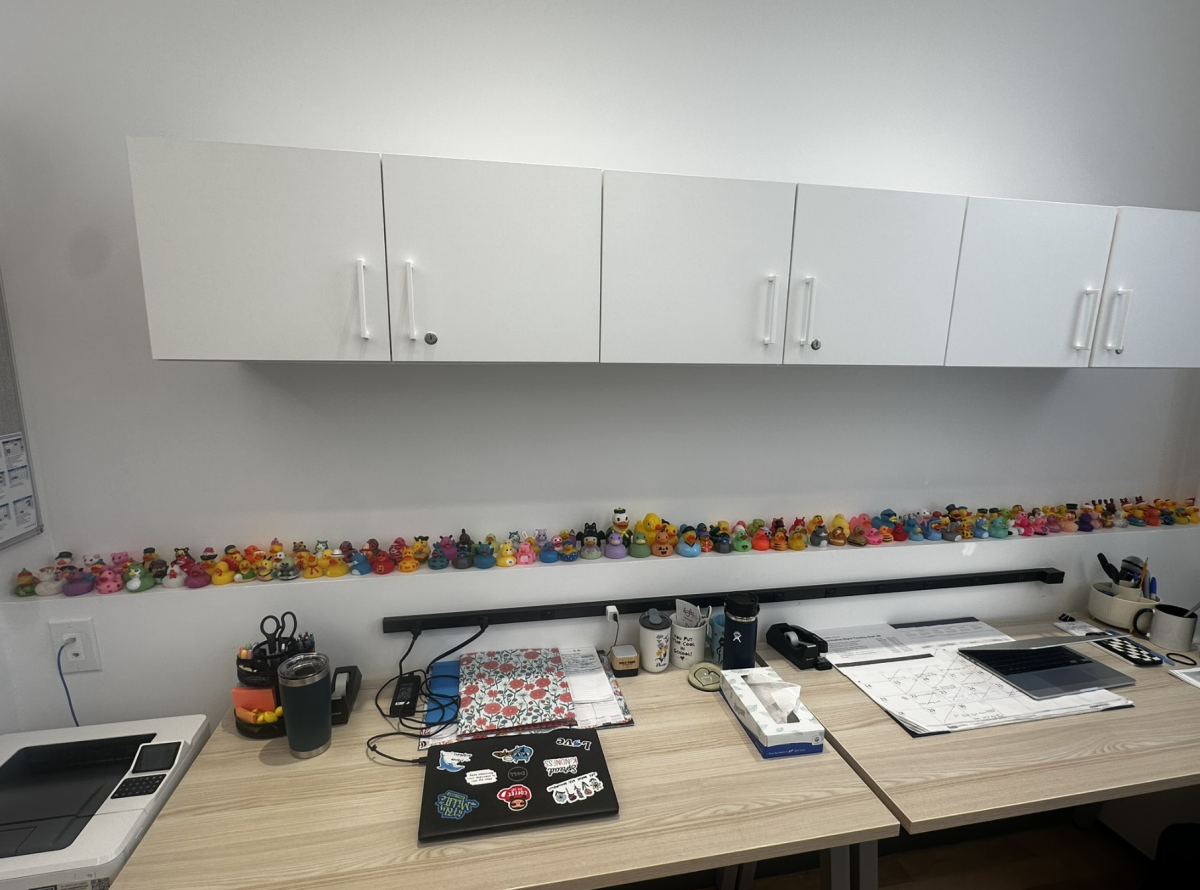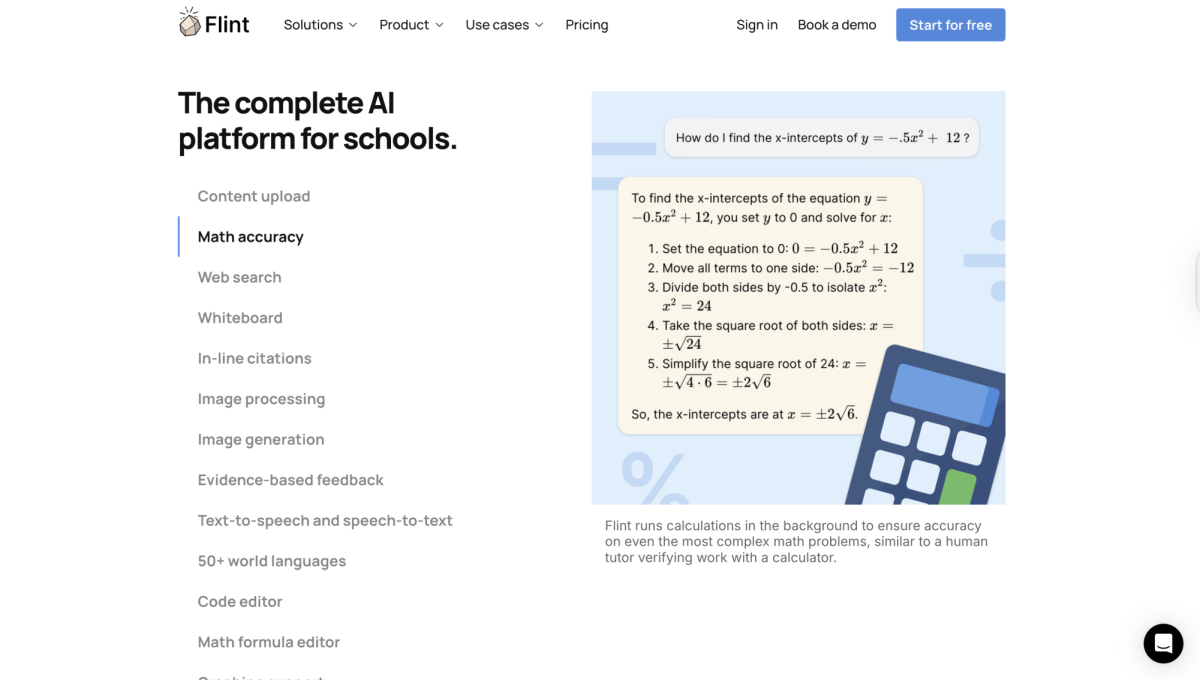This year, Poly began embarking on their intention to launch a new educational programming initiative: Countering Ideologies of Hate. Though the program was initially announced to parents and families in the Fall 2023 Academic Report, students were notified through an assembly in early February 2024. According to a recent email sent out to parents by Assistant Head of School, Academics Michal Hershkovitz on February 7, “Our ultimate goal is to empower our students to discern ideologies of hate in whatever guise they take and work to confront and, hopefully, combat them whenever they appear.”
As a teaching institution, Hershkovitz explained in an interview that through education, the school hopes to prepare students to “move and navigate in a world that is so complex and in order to do that, we have to prepare [them] to understand where all this [ hate] comes from – what are the causes and the consequences of ideologies of hate.”
Countering Ideologies of Hate will be at minimum a two year program. The first half of it is this year, beginning with the Seeds of Peace conversation in the Middle and Upper Schools to educate and facilitate age-appropriate dialogue. Seeds of Peace, a peacebuilding and leadership development non-profit organization, students across grades heard from organization representatives from both Israel and Palestine, working together to facilitate dialogue across differences. As written in Hershkovitz’s email, “Both sessions were a gratifying start to an educational program whose success will rest, in no small part, on our learning community’s adoption of norms for discourse and willingness to understand deeply rooted ideologies of hate as a scourge upon our fragile world.”
When explaining the decision to kick off this new initiative with Seeds of Peace, Hershkovitz said “in keeping with our objectives, they talked about how their adult lives have been focused on productive dialogue across difference […] I can only imagine what it takes for an individual to meet across profound difference with people who do not share my experience, my background, my understanding.”
With the intent to move beyond the “Us vs. Them” binary, educational faculty at Poly found that the best way to do so was to examine the prevalent role of ideologies of hate. “Once you begin to think ‘how do I begin to educate about this moment?’ you realize that what we need to do is really dig deeply into the roots of this and other crisis moments. And those roots, unfortunately, are ideologies of hate,” Hershkovitz explained. “They are pervasive, and when left unattended, they cause horrific human suffering.”
With planning still in progress, Hershkovitz, along with Director of Diversity, Equity, Inclusion, and Belonging (DEIB) Erika Freeman and the rest of the DEIB Department, and members of the administration, are continuing to identify expert speakers to bring to the school in addition to potential workshops. Work alongside Seeds of Peace will also be continued. In subsequent sessions throughout the semester, students are expected to engage in conversations surrounding the following topics: The Roots of Antisemitism & Islamophobia, White Nationalism, The Holocaust and Jewish Resistance to Genocide (with Laura Shaw Frank), and Information and Misinformation: The Risks and Rewards of Engaging on Social Media. According to Hershkovitz’s email, programming for next year as of now, includes engaging in dialogue regarding Engaging across Divides, Contemporary Islamophobia & Antisemitism, Tropes and Deception, Embracing Complexity: The Curse of Binary Thinking, and In Search of Hope and Peace.
“I think that as humans, we always want to impose frameworks of analysis that help us understand the unfathomable. We have to question those frameworks of analysis, because sometimes they’re just plain wrong – they’re inappropriate [in terms of] the context on which we are superimposing them,” Hershkovitz explained.
Through engaging in these upcoming events and workshops, as noted in Hershkovitz’s email, “students will be introduced to challenging but necessary learning so that they may become discerning disruptors of hatreds that have for too long been perpetrated, not least because resistance to them has seemed futile.”
Since this is a new initiative, Hershkovitz said that the work of developing the program further has been long and difficult. “I wish I could say that the roster of speakers is already set,” said Hershkovitz, who has been holding meetings with people online and by phone nearly every day since November to find potential guests. “The people [ speakers] who do this well are really busy.”
“We have been really fortunate because parents from all backgrounds have been sharing with us some suggestions – we explore every suggestion because as educators, that’s our job. To take all the leads and figure out, based on our professional experience, what will work best for our kids.”
The hectic schedules of the school community also make finding common times to have larger discussions difficult to come across. “If you’ve ever tried to get anything done in terms of finding a block of time to collect all students in one place, you know that we are a very busy school,” Hershkovitz explained. In addition to a faculty workshop that Seeds of Peace will conduct on February 20 titled “Facilitating Youth Voices,” the school also will host a Zoom conversation on the 26th with Professor Richard Weissbourd.
According to Hershkovitz, some of the DEIB sessions going forward will be used for Countering Ideologies of Hate. However, she also recognized “We have incredible affinity groups whose work is incredibly important to all of us, and especially to the students who are in those groups. Every decision we make about scheduling is fraught.”
Despite scheduling constraints, assemblies in general can be difficult to maintain student engagement and attention. “Assembly is hard,” Hershkovitz acknowledged. “We are 550 and people [are] sitting in wooden pews. Sometimes the sound is good, sometimes the sound is not. Sometimes the speaker is compelling, sometimes the speaker is not, regardless of how important the message is.”
Noah Savietz ’24, expressed “I thought the assembly had a very good purpose and message while the execution was slightly off. I loved how the programming promoted peace and unification between a community and focused on a road forward that focused on respect and thoughtfulness of others.” “I do think however, that the zoom made it difficult to understand such an important message regarding such a complicated situation,” Savietz added.
“The combination of our schedule constraints, the speakers’ schedule constraints, [and] the appropriateness of speakers, is a huge challenge. But we’ve forged ahead, because the bigger the challenge, the more meaningful the outcome,” Hershkovitz said. While she recognizes that this is not a universally applicable truth, she explained that at least “in the educational space, if it’s hard, it means you are working in the way you were meant to work to reach a meaningful outcome.”

